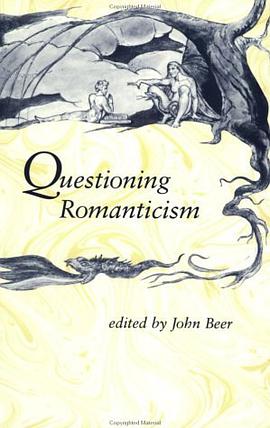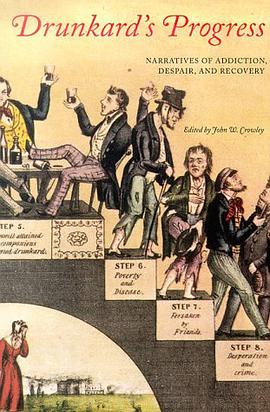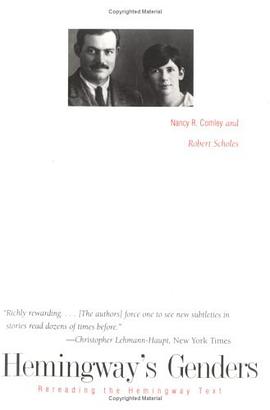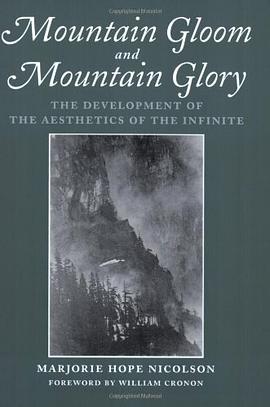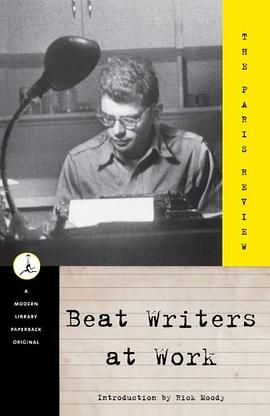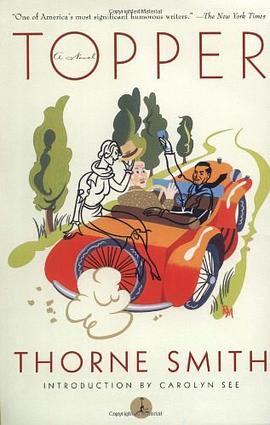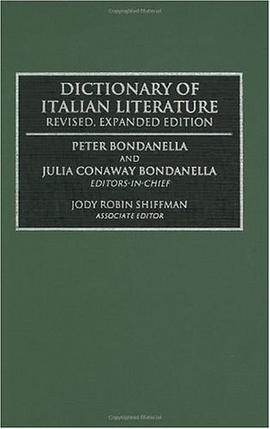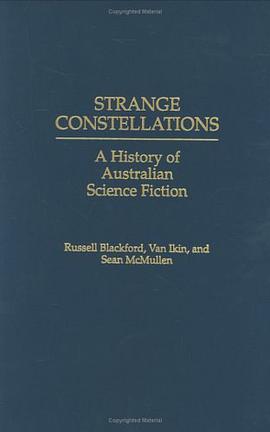

具体描述
Contemporaries in imagination as in fact, James Joyce and Sigmund Freud pondered the complexities and depths of human consciousness and found distinct ways to represent it -- the one as a great novelist, the other as the first psychoanalyst. In this book, Paul Schwaber, both a professor of literature and a psychoanalyst, brings a clinicians attentiveness and a scholar-critic's literary commitment to the study of characterization in Ulysses. Alert to form, style, and innovation, and respecting continuities and uniquenesses of character, he offers discerning explanations of why Leopold Bloom, who knows he isn't Jewish, clearly feels Jewish to himself and others; how Stephen Dedalus' intricate theory of Shakespeare reveals core aspects of his own inner struggles; and why Molly Blooms adulterous aftermath registers with her, at the end of the day, as sleeplessness. Schwaber also offers intriguing commentary on the novel's narrator. Not imposing formulations but subtly drawing them from the text, Schwaber reads openly -- as an analyst listens -- and illuminates the extraordinary psychological mimesis of Ulysses. He invites his readers to appreciate the brilliance and fun of Joyce's book, and in so doing he brings psychoanalysis as a mode of inquiry to the test of great literature.
作者简介
目录信息
读后感
评分
评分
评分
评分
用户评价
相关图书
本站所有内容均为互联网搜索引擎提供的公开搜索信息,本站不存储任何数据与内容,任何内容与数据均与本站无关,如有需要请联系相关搜索引擎包括但不限于百度,google,bing,sogou 等
© 2026 book.wenda123.org All Rights Reserved. 图书目录大全 版权所有





